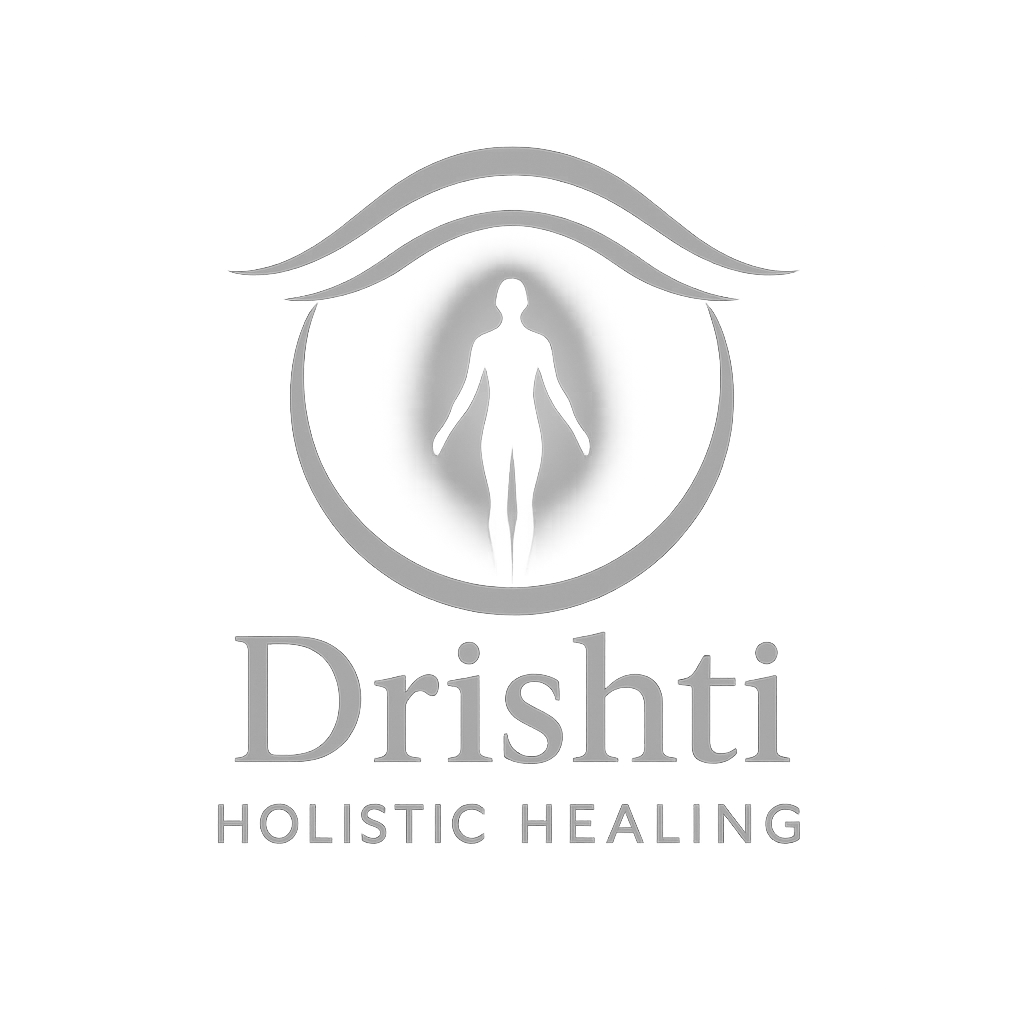Makeup as a Tool for Mental Wellness
Mainstream beauty standards can be complicated. There’s a fine line between feeling pressured to “fit in” and embracing beauty as part of your self-care. While the beauty industry can sometimes set unrealistic ideals, it’s also important to highlight how makeup can be a powerful mental health tool, offering confidence and creative expression.
In this blog, I want to explore the link between makeup and mental health, and how something as simple as applying lipstick or eyeliner can become a meaningful part of your well-being journey.
The Psychology of Makeup: Backed by Research
Despite rising global rates of depression, research shows that makeup can have a positive correlation with mood, self-image, and emotional well-being. For many, applying makeup is far more than a beauty routine—it’s a ritual of self-connection and identity.
Some of the mental health benefits of using makeup include:
Increased self-confidence and self-esteem
Creative expression and identity exploration
Mood enhancement and emotional upliftment
Acts of self-care and routine
Improved social interactions
Makeup can act as a small, intentional choice that offers control and consistency, especially during times when life feels overwhelming.
Makeup as an outlet
Seven years ago, during one of the most difficult seasons of my life, I enrolled in a makeup artistry course at Blanche Macdonald. It gave me purpose, structure, and something to look forward to each day. That experience not only helped me cope—it became a catalyst for personal growth.
Fast forward to today, I still see makeup as a form of self-care, creative joy, and empowerment. It’s not about hiding—it's about celebrating. Whether it’s a bold lip or a full glam moment just because, it reminds me of who I am and how far I’ve come.
Beauty Meets Therapy: An Integrative Vision
While studying psychology, I began to envision ways to incorporate makeup into therapy. I saw the potential: makeup as a tool for self-reflection, identity building, and emotional regulation.
Today, as a certified makeup artist and holistic health coach, I encourage anyone curious to explore how makeup can support your mental health, on your terms. It might be five minutes of mindfulness as you blend your concealer, or the spark of joy when you see your reflection and feel confident in your skin.
Final Thought: Makeup Is What You Make It
There’s no right way to do beauty. Whether you love a bare face or a bold look, makeup can be what you want it to be: a form of play, healing, empowerment, or expression.
If makeup brings you joy, confidence, or comfort, honor that. You don’t need to explain it or justify it. Beauty is deeply personal. And when rooted in self-love rather than self-judgment, it can be a deeply therapeutic practice.
References:
Nazish, N. (2025, March 7). 7 ways your makeup routine is actually helpful for depression. Verywell Mind. https://www.verywellmind.com/makeup-routine-for-depression-11692002
Veçoso, M. C., Zalla, S., Andreo-Filho, N., Lopes, P. S., Bagatin, E., Fonseca, F. L. A., Benson, H. A. E., & Leite-Silva, V. R. (2024, March). Effect of makeup use on depressive symptoms: An open, randomized and controlled trial. Dermatology and therapy. https://pmc.ncbi.nlm.nih.gov/articles/PMC10965876/
Veçoso, M. C., Bagatin, E., Fonseca, F. L. A., Andreo-Filho, N., Lopes, P. S., & Leite-Silva, V. R. (2023, May). Association between frequent use of makeup and presence of depressive symptoms-population-based observational study, including 2400 participants. Dermatology and therapy. https://pmc.ncbi.nlm.nih.gov/articles/PMC9980851/
